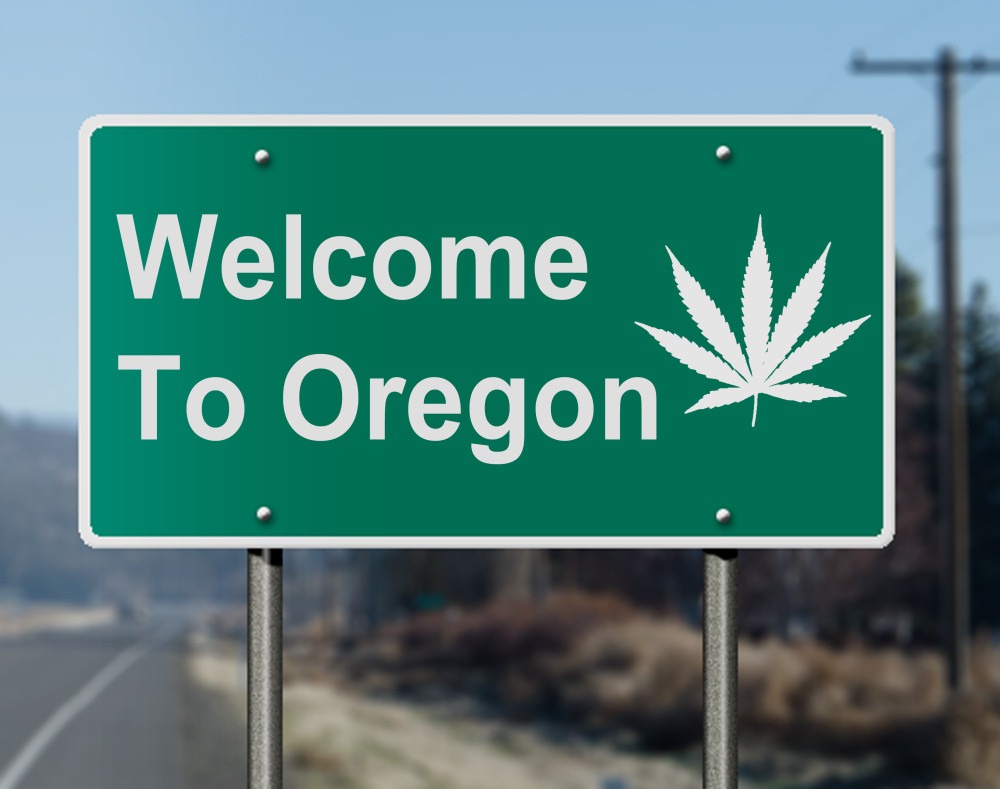
New year brings new cannabis regulations in Oregon
New Year means new cannabis regulations for Oregon residents. The Oregon Liquor and Cannabis Commission (OLCC), the regional regulator, has approved several changes to the laws governing cannabis use in the jurisdiction. The agency gave the final go-ahead for these changes on December 28, in line with efforts it has made over the past 18 months to legalize cannabis use. The aim of the body was to curb violations of the law and to streamline the entire supervisory process. Other driving factors are the development of appropriate safeguards for children and evolving regulations that legalize the use of cannabis with relatively higher concentrations of THC.
Oregon’s New Cannabis Regulations, Quick Facts:
- Beginning January 1, consumers will be able to purchase two ounces of cannabis.
- The THC limit for edibles will be increased from 50mg to 100mg and will require proper judging to indicate serving size.
- Non-intoxicating and artificially derived cannabinoids (like CBN) must undergo the regulatory review process required of all other dietary supplements. Licensees have 18 months to bring products into compliance.
- Limiting edible hemp products available for the general market to 2 mg THC from July 2022.
Image from Pixabay, courtesy of Pexels
While the new rules will be “approved” by the body from January 1, they will not actually enforce some of the legal changes until 2023. According to Executive Director Steve Marks, “These rules attempt to balance several disparate concerns – consumer health and safety, interests of small and large operators in our industry, and public safety concerns related to loopholes in the 2018 Federal Farm Bill and illegal farming Manufacturing in Oregon.
The driving force behind many legislative changes is House Bill 3000. The Oregon legislature recently approved the bill to trade in hemp products containing THC in the state jurisdiction. Violation limits and penalties were based on Senate Bill 408. According to the OLCC, the new law will “align Oregon better with other states where cannabis is used by adults, and [be positioned] as a legal export market as a basis [is laid] for federal certification.”
What Oregon’s New Cannabis Regulations Mean
The law also limits the amount of THC in each serving of hemp edibles to 2 mg. In addition, the amount of THC allowed in each container is set at 20 mg. The regulation, which goes into effect in July 2022, aims to prevent high-THC hemp from being mixed with other items. Additionally, non-intoxicating artificial cannabinoids like CBN must undergo regulatory review to meet the dietary supplement standard. The law gives the OLCC 18 months to bring them into compliance. Matt Maletis, the agency’s commissioner, said the law is not a panacea for all involved. But it would definitely be a big step in the right direction.
 Photo of Sharon McCutcheon from pixel
Photo of Sharon McCutcheon from pixel
All in all, cannabis lovers get their money’s worth thanks to the liberal provisions of the new legislation; Including one that doubles the cap on consumer purchases of cannabis from 1 ounce to double that number. Best of all, some of the new regulations came into effect on January 1st of the current year. Things will soon get even brighter as the THC concentration in edibles also doubles from 50mg to 100mg. However, this particular provision will come into effect in April of this year. In addition, the supply of cannabis by licensed companies in Oregon is now legal.
Final Thoughts
However, the executive director of the body noted her organization’s determination to “make significant changes to these rules and I would like to reiterate that we have come a very long way”. It corresponds to current public opinion. He emphasized that they are “creating a successful business market, a successful consumer market – this is another great twist of progress”. The legislative changes will hit licensees hardest and will result in extensive recategorization of violations. Such recategorization will, in turn, reduce the penalties and violations of law that result in license revocation.
The new law allows licensees to improve self-distribution and reduce both the time and cost of compliance procedures related to documenting and reporting plant and crop details.
Sounds good; We look forward to a relaxing joint with friends in Oregon!

Post a comment: